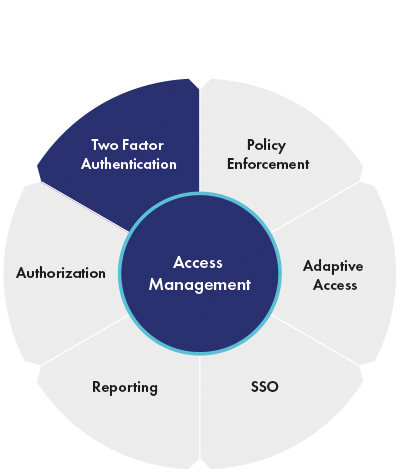In this day and age, getting the accounts payable processes on track is of particular importance so that the financial position and maneuverability remain stable for the continuation of business. Accounts payable software has become an influential mechanism to decrease paperwork when it comes to invoicing, to ensure that cash management is under control, and to improve supplier relations. The purpose of this article is to provide you with an understanding of what AP software offers in terms of benefits and how it can drive financial success for small enterprises as well as large corporations.
Automated invoice processing:
In the invoice processing, accounts payable software streamlines the workflow of automatic work orders commencing from document receipt to approval as well as payment. By integrating OCR technology and artificial intelligence algorithms, this accounts payable software extracts only crucial information from invoices like invoice numbers, amounts, and the date that need not manual recording by humans hence no errors at all in their recordings.
Eliminating paperwork from the process reduces decision-making time and keeps people on a similar page.
The AP automation software has the power of generating and designing workflows approval workflow for procurement that are unique to the needs of an organization. By sending invoices through predefined rules and levels directly to the parties who need them, AP software makes the process of approval streamlined, thus reducing bottlenecks and ensuring that payments are made on time with observance of internal controls and regulations.
Real-time visibility and reporting include capturing all the transactions immediately as they occur, creating live reports that provide accurate business indicators from diverse sales channels.
By integrating with financial systems and capturing transactions at the point of origin, modern accounts payable (AP) automation technology delivers near-instant visibility into invoices, payment, and liability status that finance teams use to effectively manage spend, monitor cash flow, and forecast future expenses. Utilizing configurable dashboards, analytics, and reporting capabilities, AP automation solutions enable organizations to gain deep insights into their financial health and leverage data-driven decisions for optimizing working capital.
Supplier Relationship Management or SRM is an approach that the company uses to assess and improve its relationship with suppliers.
The use of accounts payable software supports better business by allowing a common platform where vendors and the company can communicate, collaborate, and resolve disputes. The implementation of a vendor data management system ensures that AP software maintains a reliable list of vendors and their performance metrics; facilitating electronic communication and exchange of documents between the organization and its suppliers allows visibility, responsibility, and trust to grow thus ensuring partnerships are mutually beneficial.
Moreover, ERP Integration and Payment Gateway Integration are essential requirements to cover every angle of the transaction and record it in a proper manner.
The system of accounts payable allows for the flow of data to be easily transferred to the ERP system and then moved on to the payment gateways for transaction handling. Accounts payable (AP) software ensures that all the data generated through the AP department gets into finance and procurement modules without error or exception which enhances reconciliation, reporting, and compliance capabilities for an organization.
On the other hand, enhanced security and compliance are advantageous because they keep safe data within the organization in accordance with regulations.
Accounts payable software has been equipped with security measures as well as compliance controls to ensure that sensitive financial data is secure and minimize risks of fraud or breaches. Utilizing encryption, access control systems, audit trail monitoring, and segregation of duties can provide organizations with Sarbanes-Oxley Act (SOX) and GDPR compliance, as well as PCI DSS while keeping their funds safe and reputation strong.
Conclusion:
Accounts payable software plays a key role in modern financial transactions by helping organizations manage and automate their accounts payable processes, improve visibility and control over the transaction life cycle, and create stronger relationships with vendors. Automated to the core, AP software fosters integration of analytic tools within finance teams providing agility in the management of the invoice process, ensuring cash flow management becomes better and simplifying procurement-to-pay. In a highly competitive market where every little thing can make a difference between making money or not these kinds of investments have long-term positive implications on strategic flexibility that directly result from strengthened financial operational risk minimization as well business acceleration opportunities available only through efficient use of account payables technologies!

